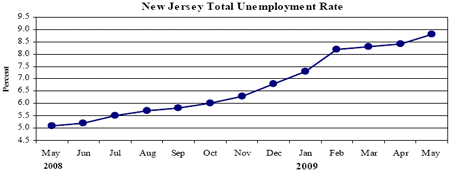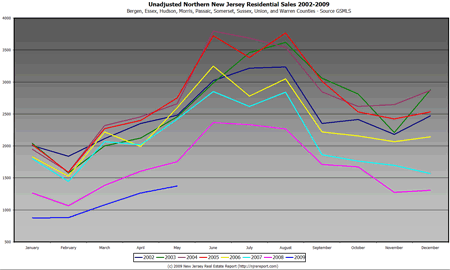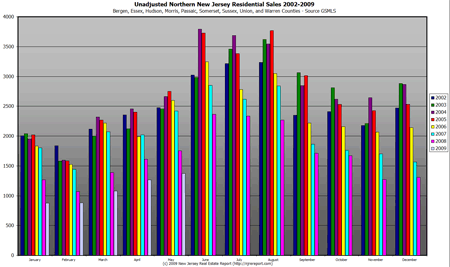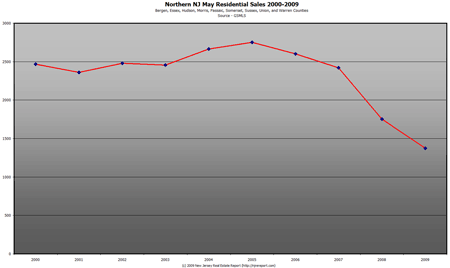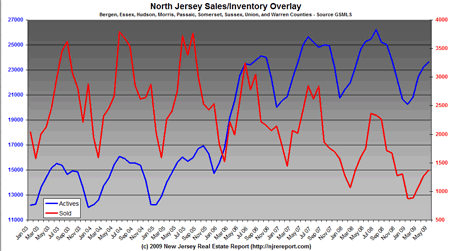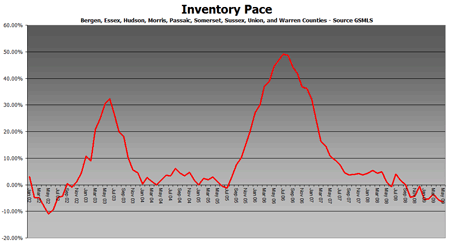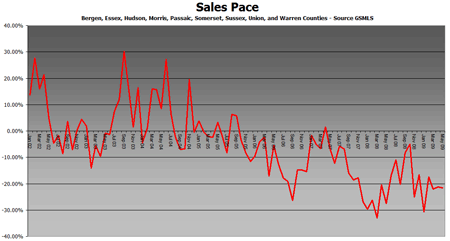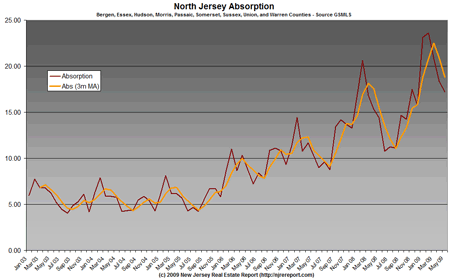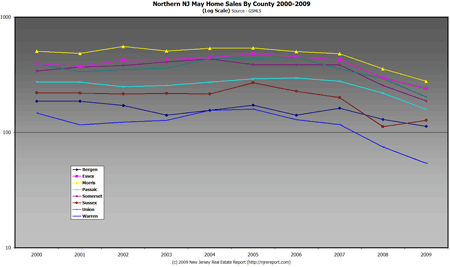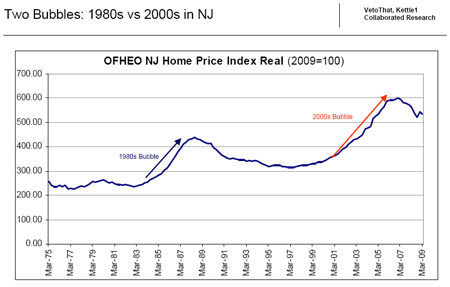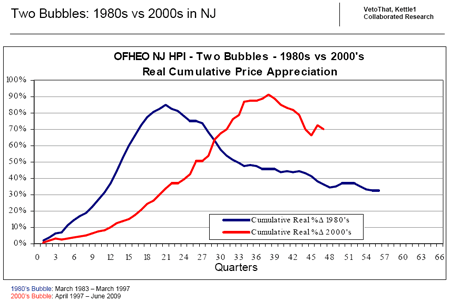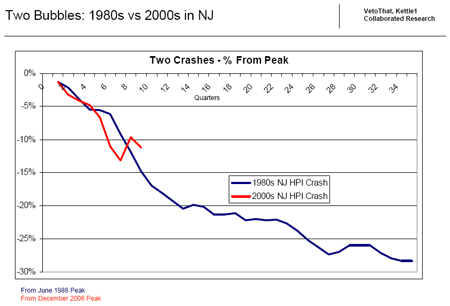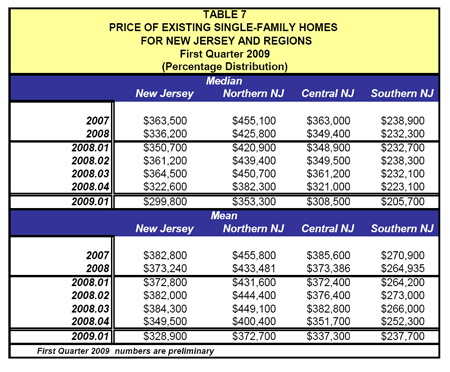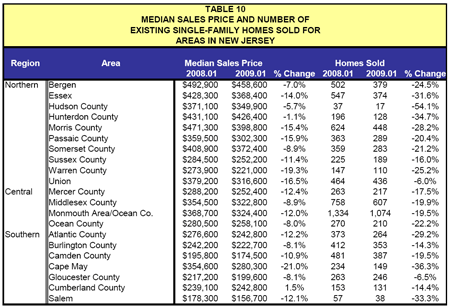Ok folks, it’s that time again!
Steady stream of emails lately, asking about the next get together.
Save the date, pencil it in, roll out of bed, whatever.
When: Friday June 26th, 8ish.
Location: Still TBD
—————————————
This is the time and place to post observations about your local areas, comments on news stories or the New Jersey housing market, open house reports, etc. If you have any questions you wanted to ask earlier in the week but never posted them up, let’s have them. Also a good place to post suggestions, requests for information, criticism, and praise.
For readers that have never commented, there is a link at the top of each message that is typically labelled “[#] Comments“. Go ahead and give that a click, you might be missing out on a world of information you didn’t know about. While you are there, introduce yourselves to everyone.
For new readers that have only read the messages displayed on the main page, take a look through the archives, a substantial amount of information has been put online in the past year. The archives can be accessed by using the links found in the menus on the right hand side of the page.

